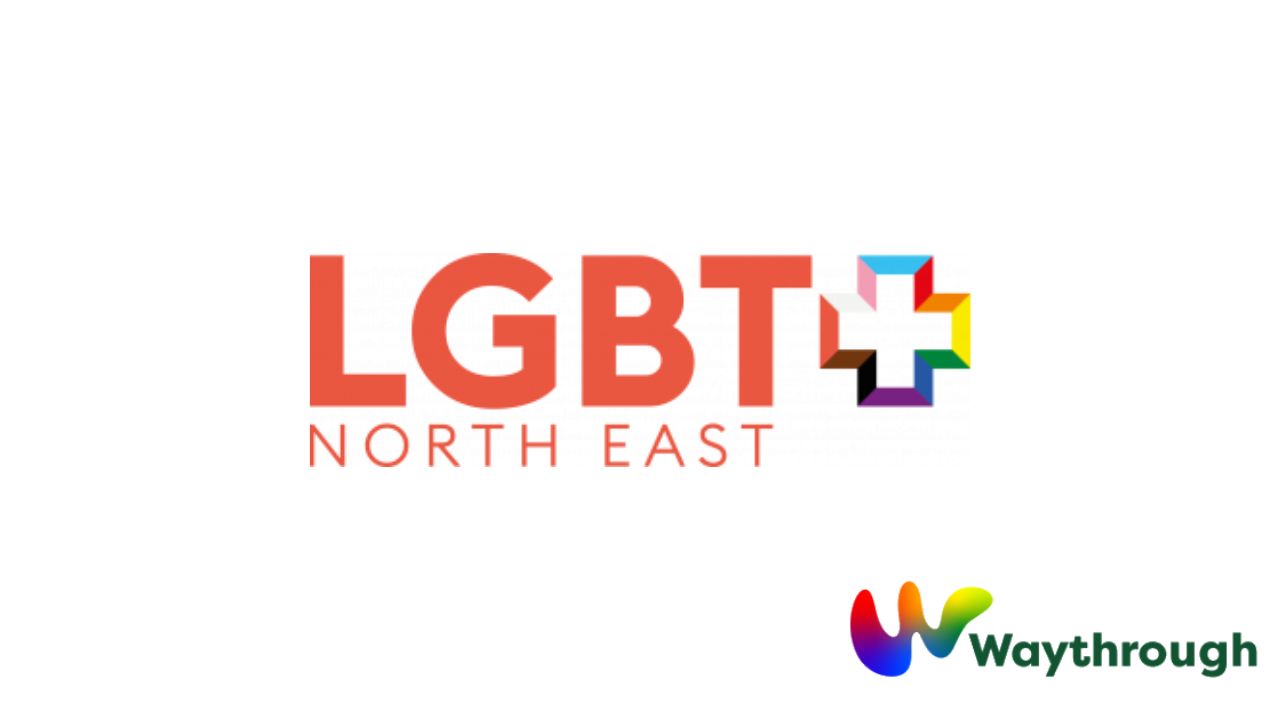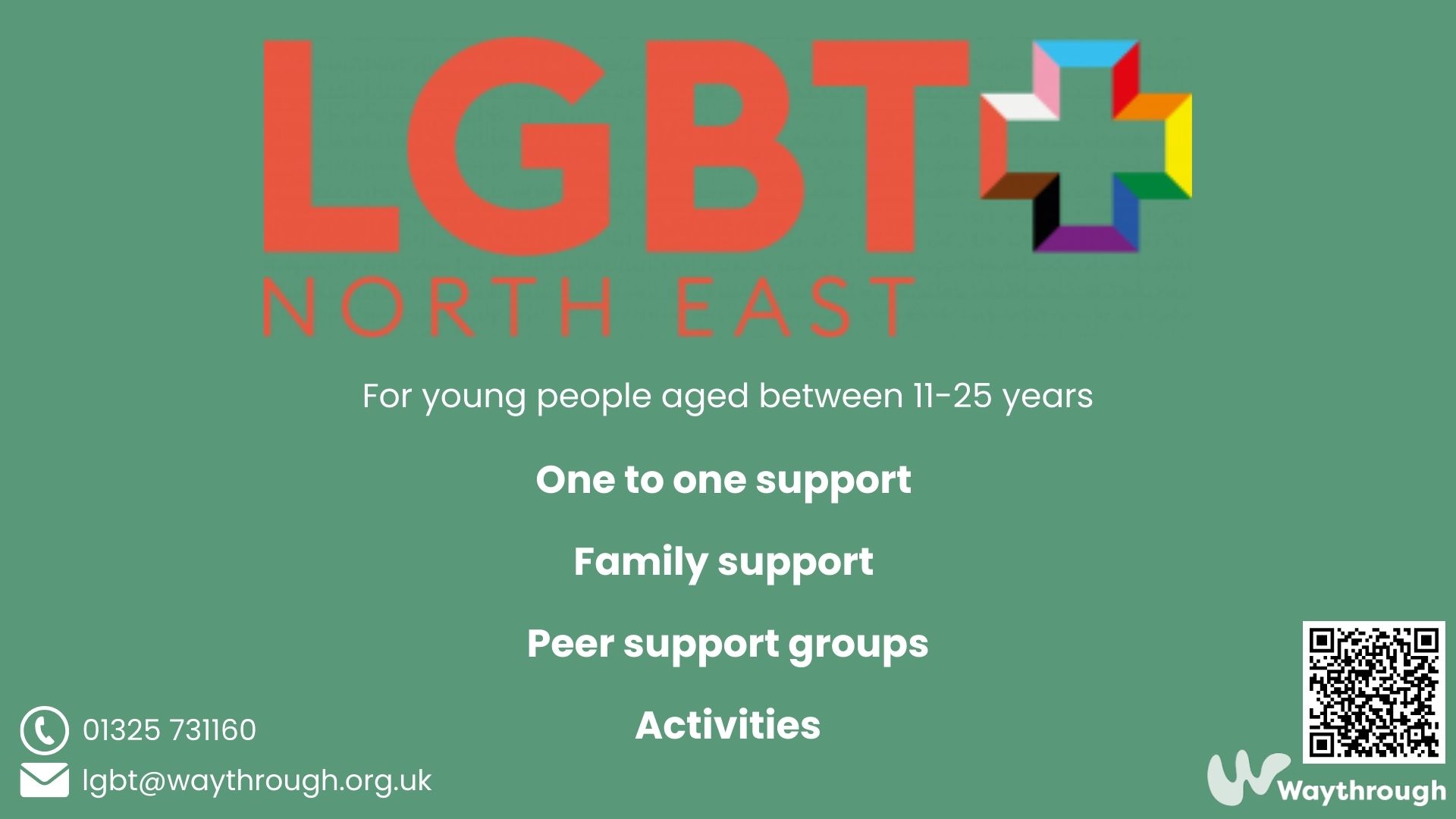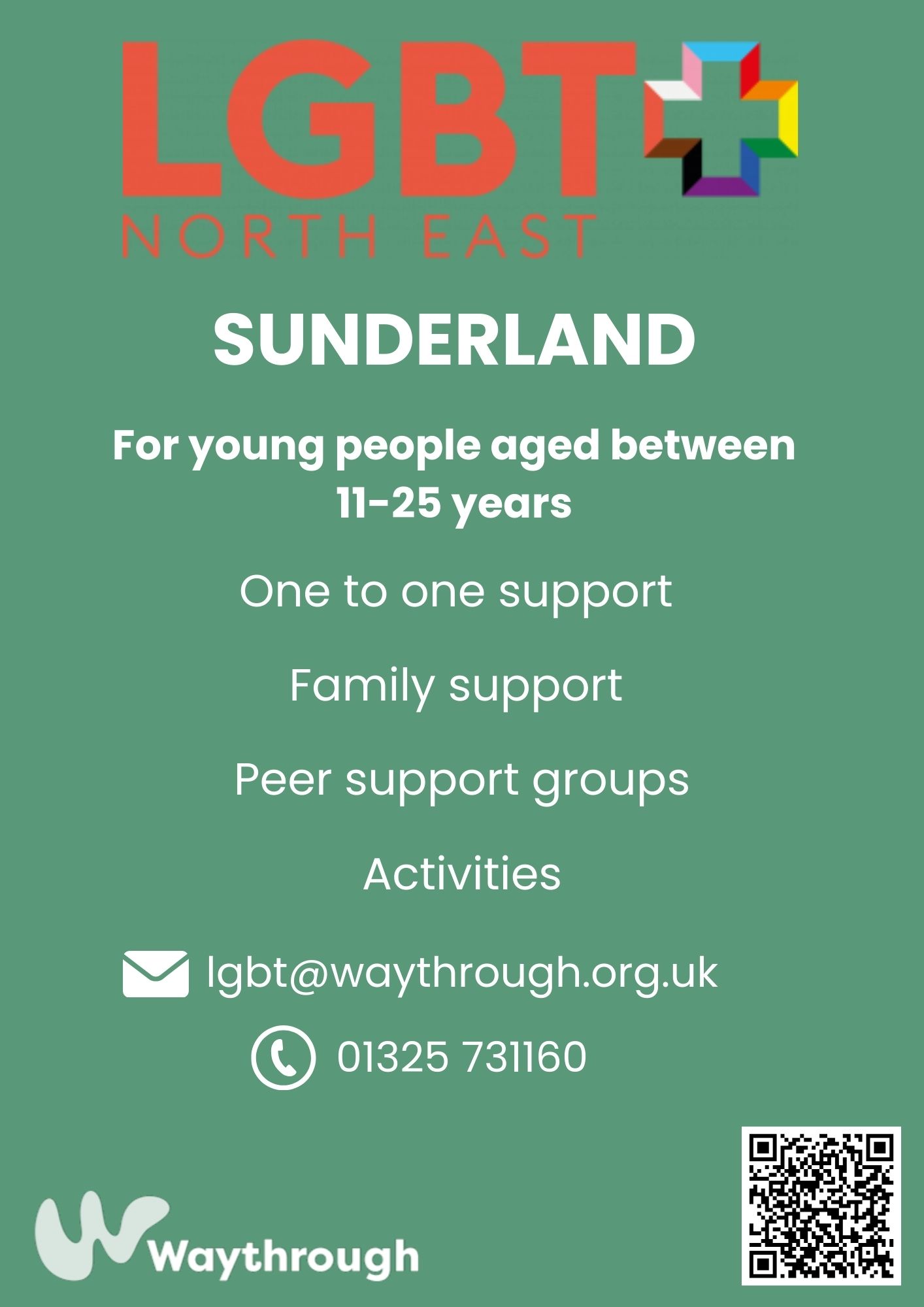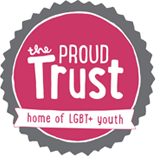Sexuality
A person’s sexuality, or sexual orientation, is the part of their identity that relates to who they find attractive/who they fancy.
Although it’s in the name, the attraction to other people does not have to be sexual, it could be romantic.
Some people are attracted to a particular gender/genders, some people are attracted to who the person is (their morals, values, humour, intelligence, etc.), and for some it’s a combination of the two.
Finding out your sexual orientation
It can feel quite daunting to step back and ask yourself “Am I straight/gay/etc.?”. But you are the only person that is able to answer that question.
Nothing has “caused” you to feel this way and there is nothing wrong or weird about the way you are feeling. However, what you are feeling is completely valid and you shouldn’t put yourself under pressure to figure out your sexuality immediately. Take the time to explore your feelings and reflect on how you are feeling – it will be difficult to understand them if you ignore them.
You might find it helpful to talk to other people who have gone through or are going through the process of questioning their sexuality. You can meet other LGBT+ young people at your nearest LGBT+ youth group or you can talk to a trusted adult using our Proud Connections chat service.
‘Coming out’ is when someone tells someone else about their LGBT+ identity. In relation to sexuality, this means telling someone that you are gay, lesbian, bisexual, queer, or any other sexuality which isn’t straight. See more on coming out here.
Do not feel any pressure to “label” your identity but take the time to explore it. If you do choose to label your sexuality, be aware that later you might choose to change how you describe yourself; this is completely normal, and many other people do this too as they come to better understand their feelings.
Ways people describe their sexuality
The Proud Trust put together some of the words people may use to describe their sexuality as seen below. You should not feel any pressure to assign yourself a “label”.
Allosexual
A person of any gender or sexual orientation who experiences sexual attraction
Aromantic
A person of any gender or sexual orientation who experiences little, or no, romantic attraction. Aromantic people may still experience other types of attraction, such as sexual or physical attraction
Asexual
A person of any gender or sexual orientation who experiences little, or no, sexual attraction. Asexual people may still experience other types of attraction, such as physical or romantic attraction
Biromantic
A person who experiences romantic attraction to more than one gender but little or no sexual attraction
Bisexual
A person of any gender who experiences attraction to people of their own gender and other genders
Demisexual
A person who only experiences sexual attraction to people they have a close emotional connection with
Gay
Traditionally this word has meant a man who is attracted to other men but today, people of other genders use this word too, so the word gay describes a person who is attracted to other people of the same gender.
Heterosexual/straight
A person who is attracted to people of a different gender
Lesbian
A woman who is attracted to other women
Pansexual
A person of any gender who is attracted to people of all genders
Queer
Some people use it as a collective term for LGBT+ people, and some use it to explain their gender, sexual or political identity. Some people still use this word as an insult – this is LGBTphobia and should be challenged.
Questioning
A person who is uncertain about and/or exploring their own sexual orientation (and/or gender identity).
Support and Advice
The following organisations helped provide content for this page and they will be able provide support and advice on other LGBT+ related topics.
LGBT+ North East



Healthy lives for young people
Brook operates a number of sexual health and wellbeing services across the UK and they are committed to supporting young people.
They offer advice on many different areas related to LGBT+ and below is their page on sexuality:

The Proud Trust is a life saving and life enhancing organisation that helps LGBT+ young people empower themselves, to make a positive change for themselves, and their communities.
To find out more about their work, as well as all the lovely people and partner organisations that help make all this happen, visit their website.
Mental Health
Dealing with your sexuality can be a stressful experience and here are some of our mental health pages:


